Etrian Odyssey Untold: The Millennium Girl Demo Review
By King9999 0 Comments
I'm a fan of the original Etrian Odyssey, but for some reason I never got around to playing the other games (probably because other games took up my time, heh). One of my favourite features in EO games is the ability to draw your own maps. It was something that was more than a novelty because you could write notes for yourself, plot out paths, and more; you had to do these things if you wanted to survive.
EOU continues the tradition of manual map-making, but does so in a way that encourages writing good maps, and at the same time reducing the time spent making them. One issue with the original Etrian Odyssey was pacing; typically, you would move a few steps, and then pause to draw out your map, and repeat this process throughout the entire game. EOU now allows you to have the map's walls (and not just the floors) be drawn automatically for you, so you only have to worry about marking doors, stairs, points of interest, etc.
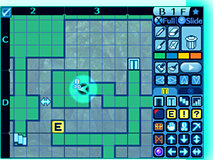
Such a small addition turns out to be a huge improvement in terms of pacing, but if you happen to like drawing walls, you can still do that manually. Another great improvement that helps with the game's pacing is the dash ability. Now, you can hold down the B button (or toggle the ability) to move faster in dungeons. The best addition, however, is the ability to fast travel between floors. If you've covered a good amount of a given floor and find the stairs to the next floor, you will be granted the privilege of warping to the stairs anytime you revisit the floor. So you can reach a new floor, warp back to town to save and resupply your party, and then quickly resume your adventure, skipping all the random battles and FOEs in between.
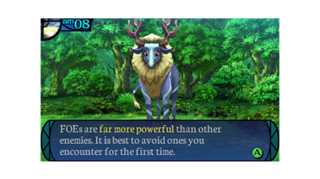
In Etrian Odyssey games, you would usually create your own party and begin the game from there. In EOU, your party is predetermined, and the characters who join you are not blank slates. Each character has a distinct personality, and some of the dialogue is spoken through voice acting. For better or worse, the player is not able to choose their own class; they play as the Highlander, a brand-new (player-only?) class in EOU whose weapon of choice is the spear. The player's preference will vary as to whether they want full control of their party or if they like having a little personality in their characters at the expense of some customization.
Perhaps the addition of grimoire stones are meant to offset any potential disdain for EOU's focus on fixed parties. Grimoire stones allow you to use the skills of another character class; Simon, for example, is a medic, but his stone allows him to use landskencht skills. Of course, he doesn't have the power to match the skill, but the point is that these stones allow the player to customize their party. Even better, you can learn enemy skills and synthesize stones, so your options increase even further.
EOU's new additions to map making and general dungeon-crawling are a welcome change, and they serve to improve the pacing in a sub-genre that's slow-paced to begin with. Some players may balk at the apparent loss of the ability to have custom parties and classes, but grimoire stones are a nice trade-off, especially if there are a ton of skills to work with. The demo's generous amount of content lasts several hours, so one can imagine how much time they'll be spending with the full game!

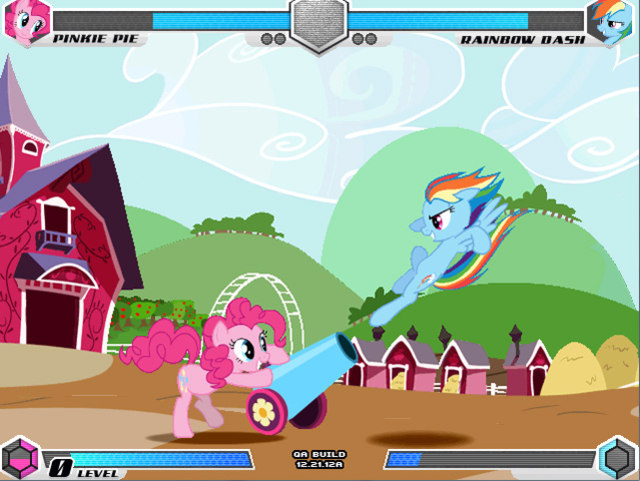
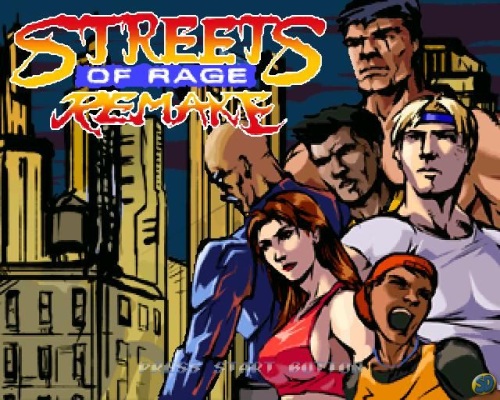
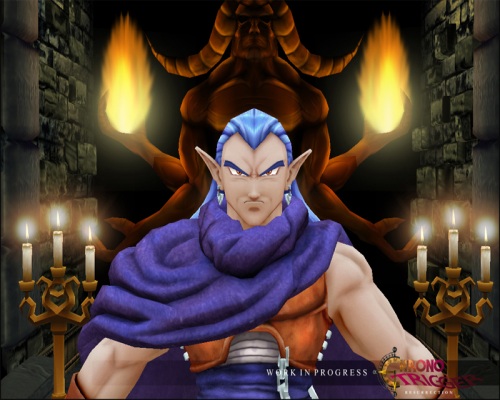
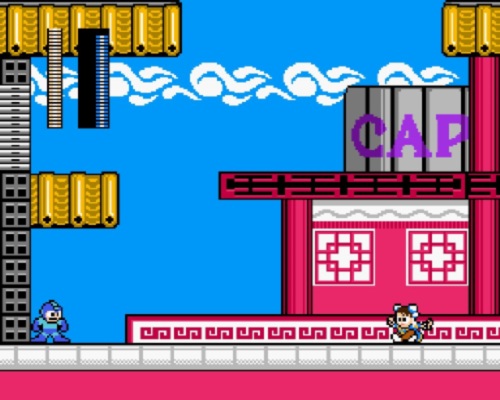
Log in to comment